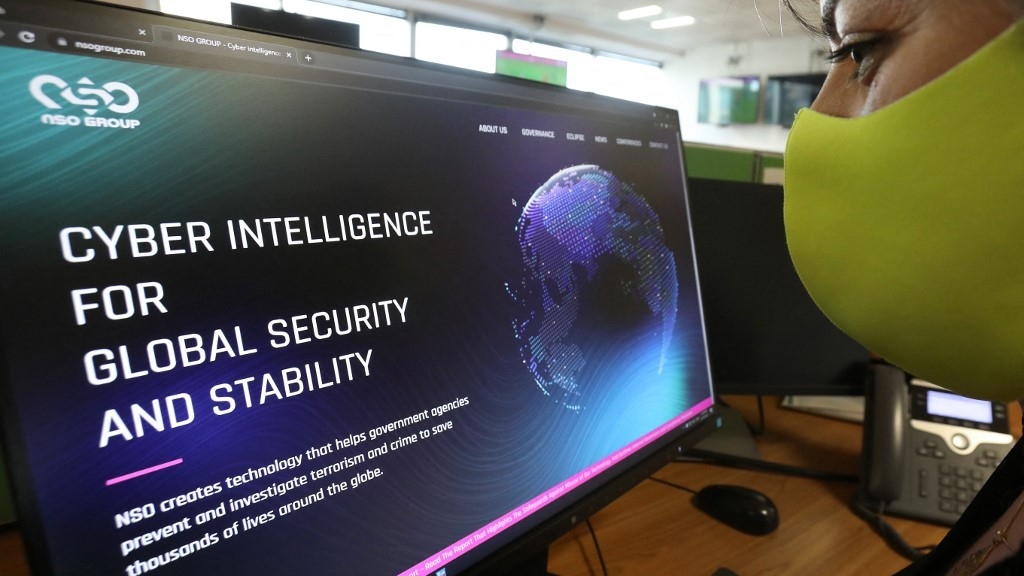Israel security agency law to allow spying on journalists

Israel’s security agency, known as the Shin Bet, has been granted the authority to spy on journalists, according to a draft new law.
A report in Haaretz said the draft law gives the Shin Bet the power to conduct covert searches of computers and mobile phones without the owner’s knowledge.
The law, however, would exclude lawyers, doctors, psychologists and clergy from being searched in the same way.
If searches are needed to be carried out for these professions, further procedures need to be undertaken in order to see any data.
The law is expected to grant the Shin Bet additional powers, including receiving comprehensive access to databases of state authorities, such as the police, national insurance and government ministries.
Stay informed with MEE's newsletters
Sign up to get the latest alerts, insights and analysis, starting with Turkey Unpacked
It also stipulates that the Shin Bet can receive material from “almost any database required for the fulfilment of its duties" and the power to approve such measures will be with Israeli prime minister Benjamin Netanyahu.
However, the law states that if there is an “urgent need” the head of the Shin Bet can receive material from databases even without a permit from the prime minister.
The Shin Bet will also be able to use the Pegasus spyware, under minimal supervision from the Knesset and under no supervision from the courts.
Violating press freedom
The draft law was published by the government last month, and 15 January was the last day to submit any objections to it. After that, comments are examined before a final version is brought before the government.
A number of objections were submitted on Monday by the journalists union to the prime minister, stating that the law violates the freedom of the press and the public’s right to know.
According to the organisation, the amendments to the law could allow for critical information from journalists to be shared, which they say "disproportionately harms the freedom of press and the principle of confidentiality of sources and information, including the information about journalists.”
The union also stated that by seizing the journalists' devices to conduct searches, it will leave them without access to their archives and the tools to be able to carry out their profession.
The law has also received criticism from several lawyers and NGOs.
Dr Tahila Schwartz Altshuler from the Israel Democracy Institute said that the Shin Bet can find itself in a conflict of interest, particularly when reporting on the prime minister who is a political figure. She also added that the Knesset “has not bothered to enshrine journalistic confidentiality in the law, or at least define this profession”.
Lawyer Gil Gan Mor, for the Civil Rights Association, also warned that the Shin Bet could now monitor critical journalists and repress them.
Last year, it was revealed that the Shin Bet had been using a database collected from mobile phone companies to monitor the activity of journalists, in both criminal and security-related investigations.
The information came to light in the state’s response to a petition filed by a civil rights group with the High Court.
Using the database, the agency can work out where a journalist is based through their mobile phone location, as well as whom they talked to and for how long.
This article is available in French on Middle East Eye French edition.
Middle East Eye delivers independent and unrivalled coverage and analysis of the Middle East, North Africa and beyond. To learn more about republishing this content and the associated fees, please fill out this form. More about MEE can be found here.




